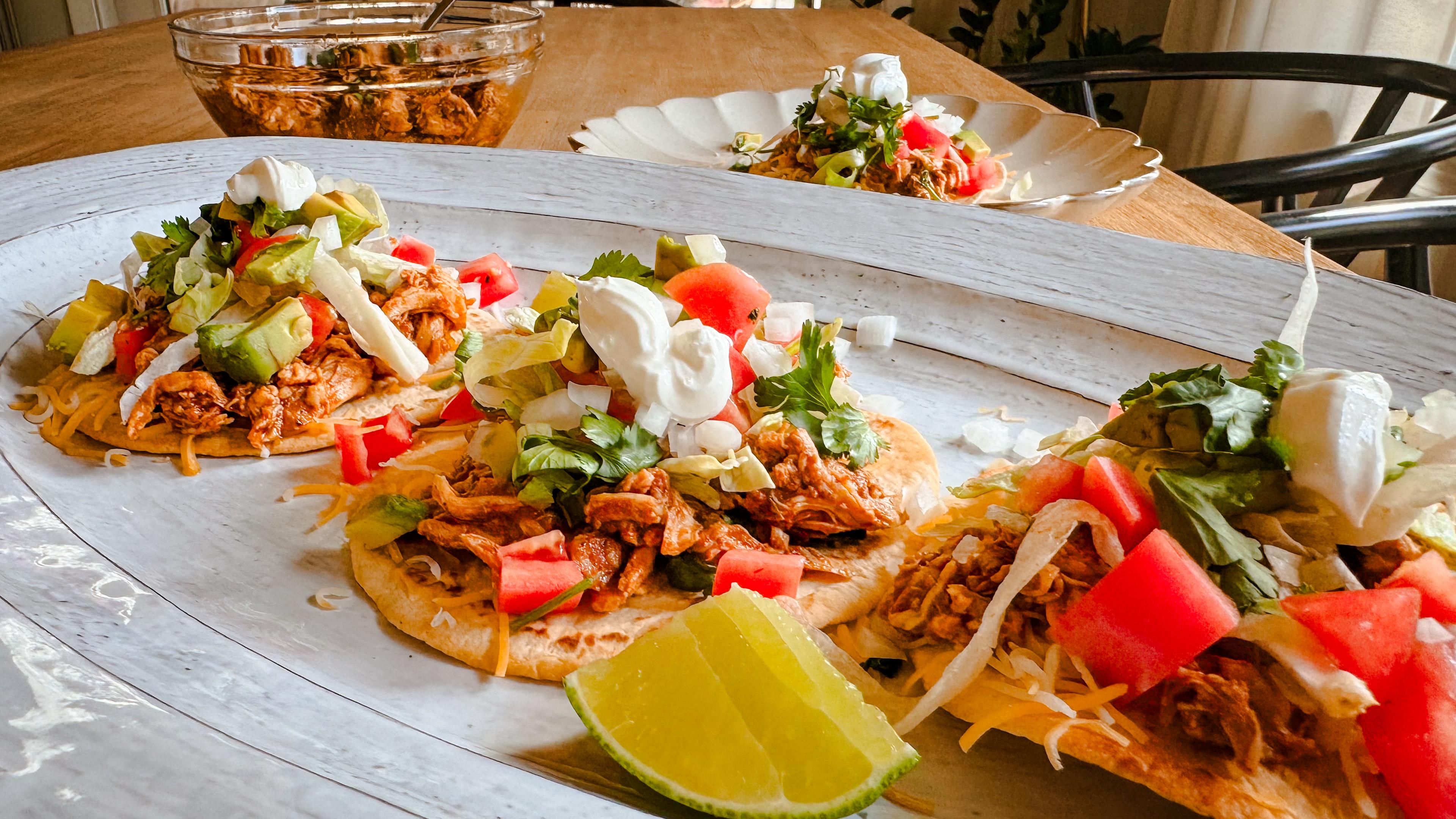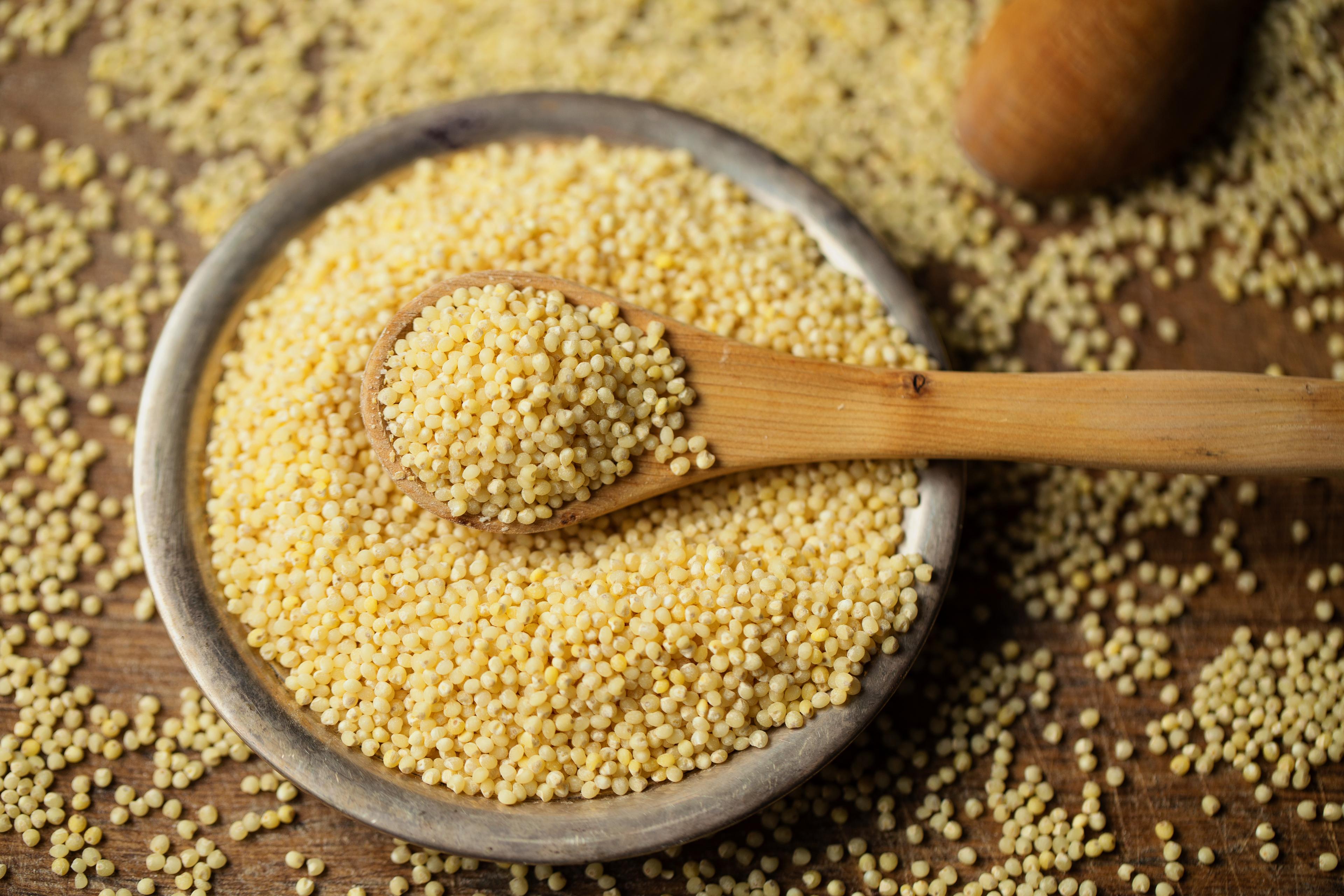Shanthi Appelö is a registered dietitian and health and wellness spokesperson for Blue Cross Blue Shield of Michigan based in Detroit. Passionate about the science of nutrition and behavior, Shanthi has experience working in clinical nutrition, public health and teaching in the university setting. She earned her Master of Science in Public Health Nutrition from the University of Tennessee and has a research background in maternal and child health nutrition and public health, as well as a Certificate of Training in Obesity Interventions from the Commission on Dietetic Registration. In her free time, she enjoys experimenting in the kitchen, exploring the outdoors, working on art and spending time with family.
How Restricted Eating During the Holidays Can Backfire
3 min read

What is restricted eating?
- By time: Similar to intermittent fasting, some set up a window of time each day when they allow themselves to eat. If they pick an eight-hour window (8 a.m. to 4 p.m., for example), eating at an evening holiday gathering is off-limits.
- By meal: Some people skip certain meals throughout the day, saving up all daily calorie consumption for a large holiday dinner.
- By food type: Some define their restrictive eating by food type and declare some types of food or ingredients off-limits. They might decide not to drink alcohol, or forgo any desserts, passing up all the holiday cookies, pies and chocolates. Others may lean toward a vegetarian diet during the holidays, saying “no thank you” to all the turkey, ham and bacon-wrapped appetizers offered on the spread.
Why restricted eating is problematic
- A mindset of restriction can make people feel stressed
- Banning certain foods can make a person want them even more
- Feelings of guilt and shame may arise when eating a restricted food, depriving the person of enjoyment
- Feelings of being food-deprived can lead to binge eating or overeating
- Ongoing restriction could impact metabolism, and may make it more difficult to achieve weight loss
How to enjoy holiday favorites in moderation
- Aim to fill half the dinner plate with vegetables, a quarter with protein and the remaining quarter with the rest.
- If a large meal is being served, go light on the appetizers. Drink a hydrating beverage before the main event.
- If asked to bring a meal to a potluck or party, bring something balanced with plenty of fiber, nutrients, protein and healthy fats.
- If invited to a late dinner or evening party with food, have a snack at the regular mealtime and then stick to small portions during the event.
- Take a small serving of all holiday favorites and concentrate on savoring them.
- Don’t skimp on sleep, water or regular exercise during the holidays. All these things can keep a person feeling their best.










